People around the world are still striving for many basic human rights even though it is the 21st century.
For example, in some countries, freedom of speech, voting rights, and gender equality are the major issues people are fighting.
In Kenya, the patriarchal society of the nation has troubled women for a long time. According to data, over 40% of married women in Kenya have reported being victims of domestic violence and sexual abuse.
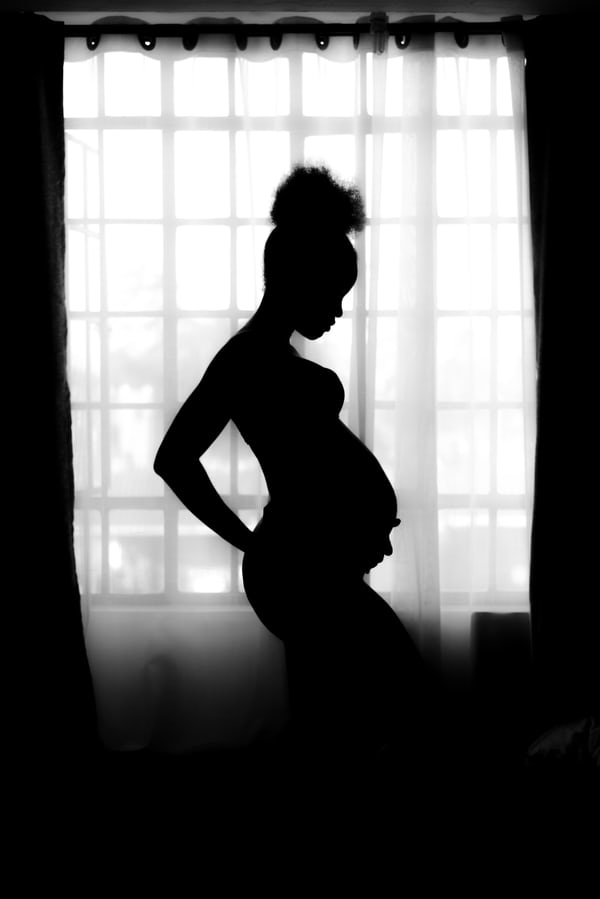
In addition, many women and young girls are forced to undergo genital mutilation, which will suture their labia and vulva together so it will only be “opened” by the future husbands of the women.
One case reported that a four-year-old girl died during this surgery.
Although in recent news, Kenya has legislated a law prohibiting genital multination, experts have already proved that it has no benefit to women at all, as there are still many people who practice it privately.
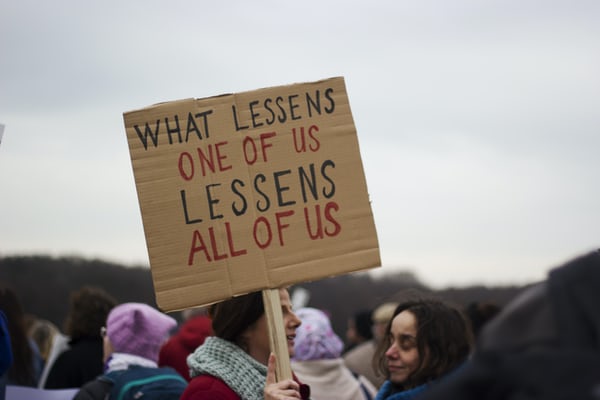
These women are being treated as reproductive tools instead of human beings.
Rebecca Lolosoli, the founder of the village Umoja, was one of the victims of this practice.
She was forcefully put through the experience of genital mutilation and married to an older man before she was 18.
Despite all of the misfortune she suffered, however, she did not yield to reality.
She tried to let other people know what has happened and is still happening to women in Kenya and spoke up for them.
Her behavior led to her ending up in the hospital because of an attack by men less than pleased by her actions.
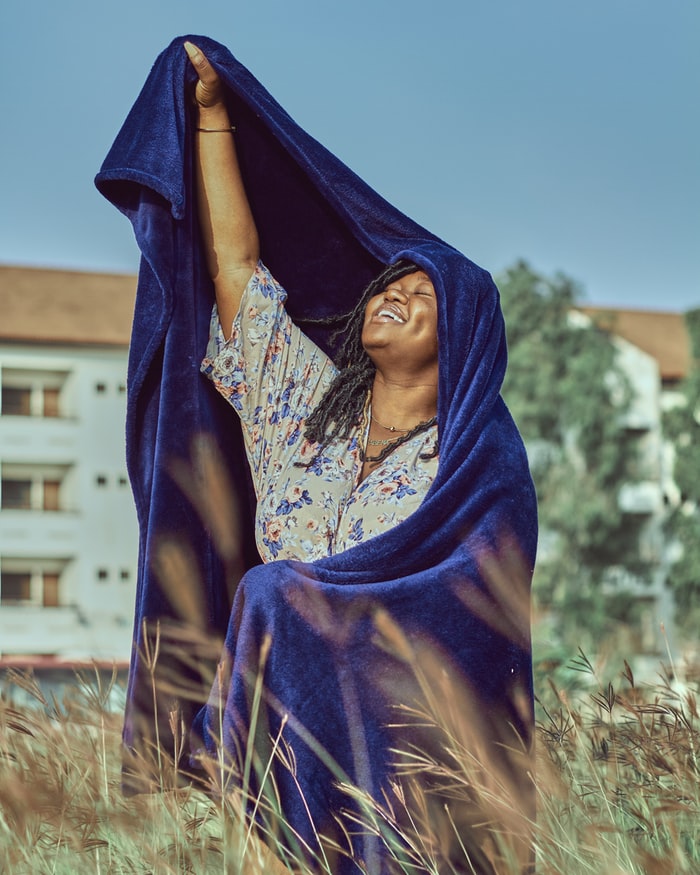
Rebecca then founded a village in northern Kenya called Umoja – unity in Swahili.
At first there were just 15 people in the village.
They fled to the village because they were reportedly raped by British soldiers and because they were offered no pity or comfort by their husbands the women had “dishonored” their families and were disowned.
They had nowhere to go but the new village Umoja, a place that embraces all kinds of women.
Umoja is, in effect, a “Paradise Island” come true.
The residents of Umoja are all women and girls with the exception of a few young boys. For these “males” in the village, they have to move out after they are 18 years old in order to keep the women safe.
Not only banning men from the village, they are also independent from men as well. The village is self-sufficient with the tourists that are curious about Umoja. They also know how to build houses by the tree branches and mud.
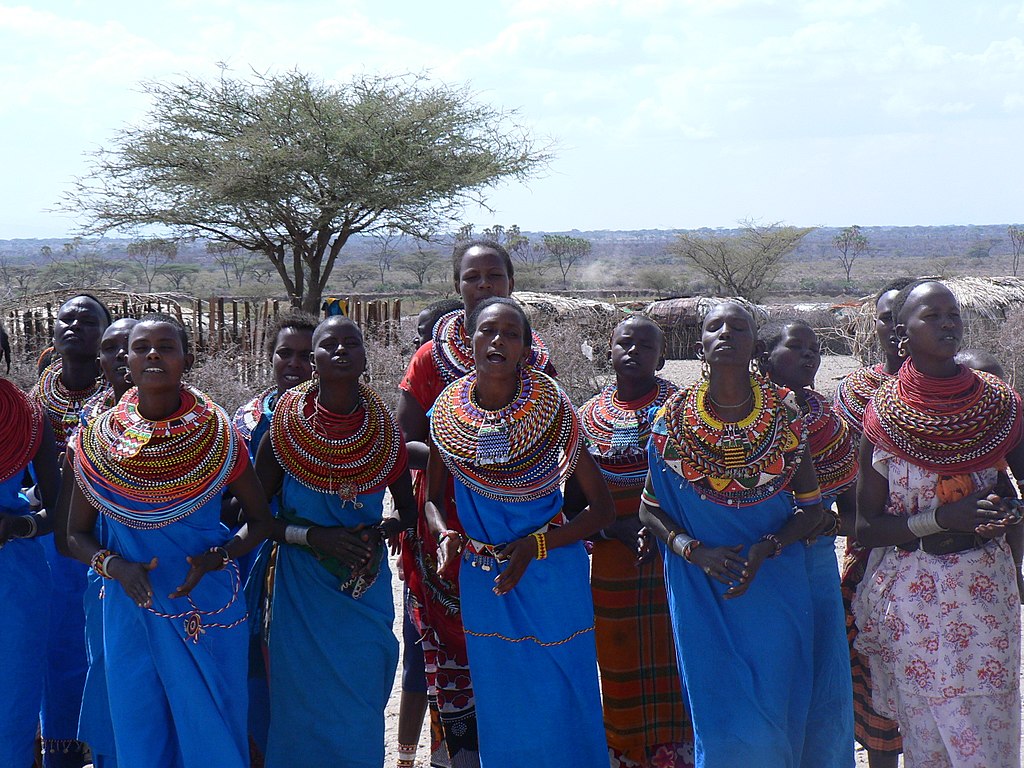
In Umoja, they have founded a school that is able to teach all the children in the village that knowledge can change women’s fate and open it to other people to come in and learn.
Some of the men and women have actually been influenced and recognized the importance of women’s issues in Kenya.
Despite all the efforts, there are some men and husbands wanting to take their “possessions” back, but they are turfed out by the residents in the village.
There are currently 47 women in the village and also 200 children.
Umoja is now village that enable women to fight for themselves, escape forced marriage, genital mutilation, and even become land and property owner – something not allowed in the patriarchal societies of Kenya.
In this case, we can see the situation women around the world are facing right now.
Based on a report from the WHO, over 1/4 of the women in the world have suffered from domestic violence and sexual abuse with cases increasing during lockdowns caused by the pandemic as women cannot escape the violence of their partners.
On March 8th, the date marking International Women’s Day, many people marched on the streets to advocate women’s rights and it was not only developing countries engaging in these activities; many developed countries such as the United States and France also joined the parade to let the world see the conditions women are facing.
Movements such as MeToo also revealed that even in places such as the United States, women’s situations are no better than elsewhere.
We need to focus more on women’s issues than ever before, in the hope of one day achieving real equality.
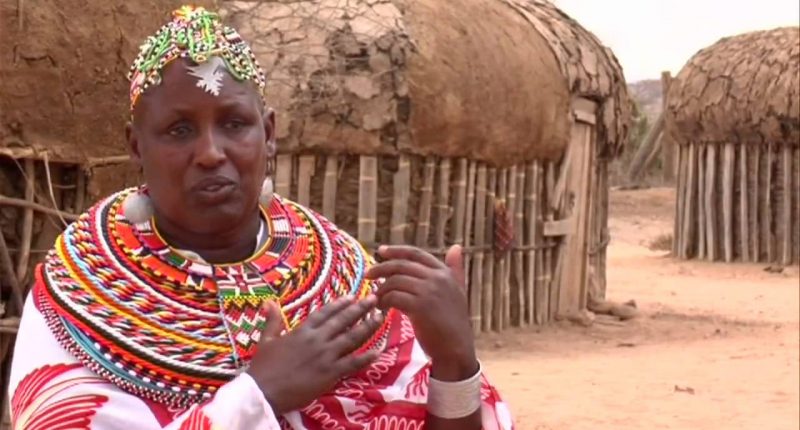









Comments are closed.